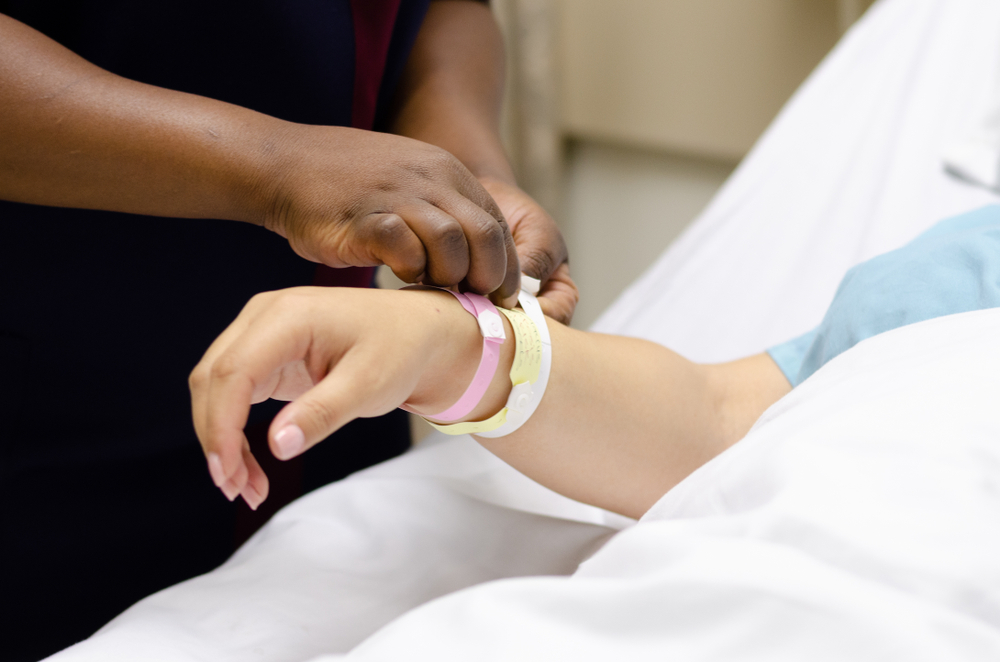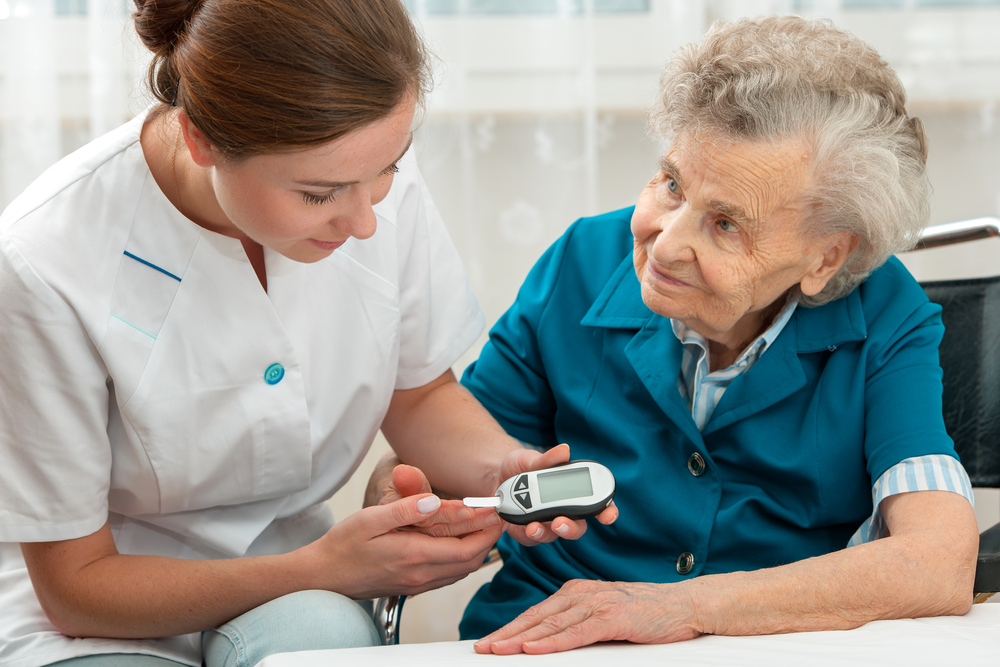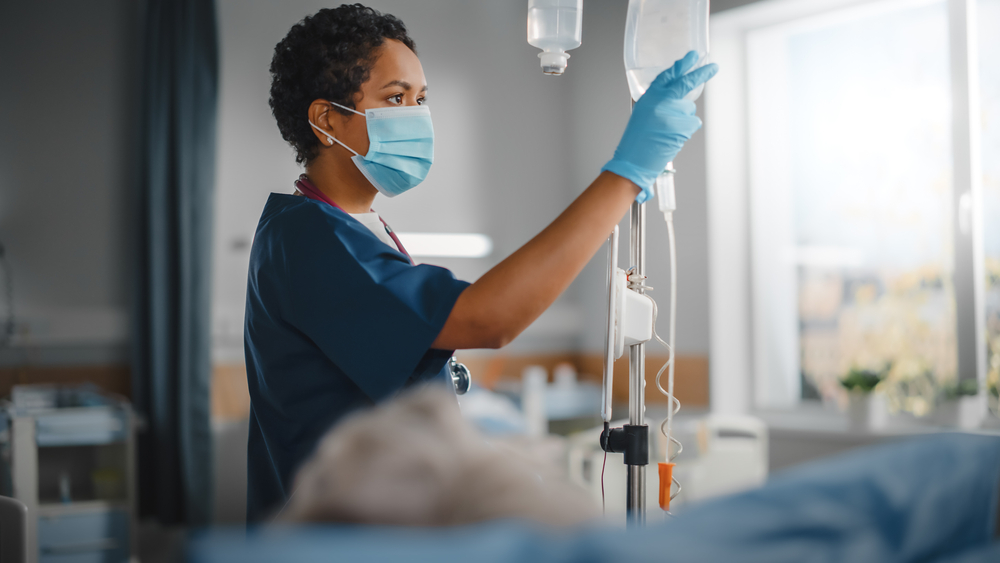
Planned admission
Being admitted to the hospital can be a stressful experience, especially if you have diabetes. Some people get very nervous about losing control of their diabetes and not being able to manage things independently as they would at home.
There are a few steps you can take to help your diabetes management run as smoothly as possible while you’re in the hospital:

- take your own insulin, needles and medication into the hospital with you if this is possible
- take your glucose monitoring equipment
- tell your doctors and nurses that you have Type 1 diabetes
- take some of your own rapid-acting glucose to treat hypoglycaemia, just in case
Take a look at some factors you’ll need to consider if you have type 1 diabetes and you’re being admitted to the hospital:
No Result
If you know you’re going to the hospital it is important to make sure your diabetes is as stable as possible. High sugars can cause problems with infections and slow down the rate of healing, so the more stable your diabetes is, to begin with, the less likely you are to run into trouble. If you know you have to go to the hospital, contact your diabetes team as soon as possible so they can work with you to make sure your diabetes is well managed.
If you are due to have an operation it is possible your team will cancel your procedure if your glucose levels are running high. The doctors will want you to be in the best health for your operation, so remember to speak to your diabetes team early.
Once you are in the hospital, your insulin doses may need to be altered. Illness can sometimes mean you require more insulin than you normally would. If this is the case, try not to worry too much as it will usually resolve when you are better. If your doses do need to be adjusted, there are usually diabetes specialist inpatient nurses or doctors available in most hospitals to provide assistance if there are any issues regarding your glucose control during your admission.
Giving insulin
When you are in hospital your insulin and medications are usually administered by the nurses on the ward. If you wish to give your own insulin, speak to the nurse looking after you. They will go through an assessment process and if you are well enough to give your own insulin they will be happy to facilitate this and you can keep control of your diabetes.

If, however, you are unwell then it is probably safer for the nurses to help manage your diabetes until you recover. You may find letting someone else take control a real challenge or you may enjoy letting someone else having to think about your diabetes for a change – either reaction is natural!
Stopping insulin
While you’re in hospital it may be necessary to stop some of your insulin injections altogether and administer your insulin through a drip into a vein (intravenous insulin infusion). If this is the case, your glucose will need to be monitored closely (sometimes every hour) and fluids, which may contain sugar (dextrose), will need to be given to you through a drip.

This is very common and usually happens if someone needs a big operation or is vomiting and at risk of developing ketones. If some of your insulin is stopped, regular blood tests can also be required in order to check on the salts (potassium and sodium) in your blood so that fluid prescription can be adjusted appropriately.
Your long-acting insulin injections will usually be continued throughout your hospital stay and you will be able to restart your short-acting insulin once you start to eat and drink again.
Hypos
No Result
If you feel you are having a hypo (hypoglycaemia) in the hospital, it is important that you inform the nursing staff. Hypos can occur in hospitals for many reasons – illness, reduced food intake or vomiting.
The nurses and doctors should be able to treat hypos promptly and effectively but they need to know it is happening – even if you self-treat a hypo, you must let the staff know. If you seem to be having frequent episodes of hypoglycaemia, this is an indication that your insulin doses need adjusting.
If your hypos are severe or seem to last a long time then you may need to be given glucose through a drip in order to bring your levels up. This should always prompt the question of why the hypo occurred and what needs to be done to prevent it from happening again. Hypos in hospitals are usually related to insulin doses.
If you need advice or help regarding your diabetes management during your stay in the hospital, please ask to speak to one of the diabetes specialist nurses.
To find out more about glucose control, insulin doses and hypos we recommend you take a look at our Key Learning module, starting with the topic What is diabetes?
Click ‘coming into the hospital’ to return to the topic main page, or choose another section to explore.

Was once told I couldn’t be discharged from hospital until my blood sugars were more controlled (wasn’t in for my diabetes anyways) and then they couldn’t tell me how many carbs were in each meal, or what time the meal would come so I couldn’t plan my ICR properly and it was just a massive nightmare….
if it is this complicated for a planned admission, what is an emergency admission like?
Hate hospital staff that dont listen to the patient. Ive had many a fight with nursing staff saying i cannot take my own meds and insulin. THIS IS FALSE ,if anyone encounters this problem in hospital, ask for a self administering medication form to fill in , all hospitals have this form .
Helpful advice for my upcoming surgery.
Read
Read.
some hospitals take your medication off u
X
Must learn how to work out different ratios per carb